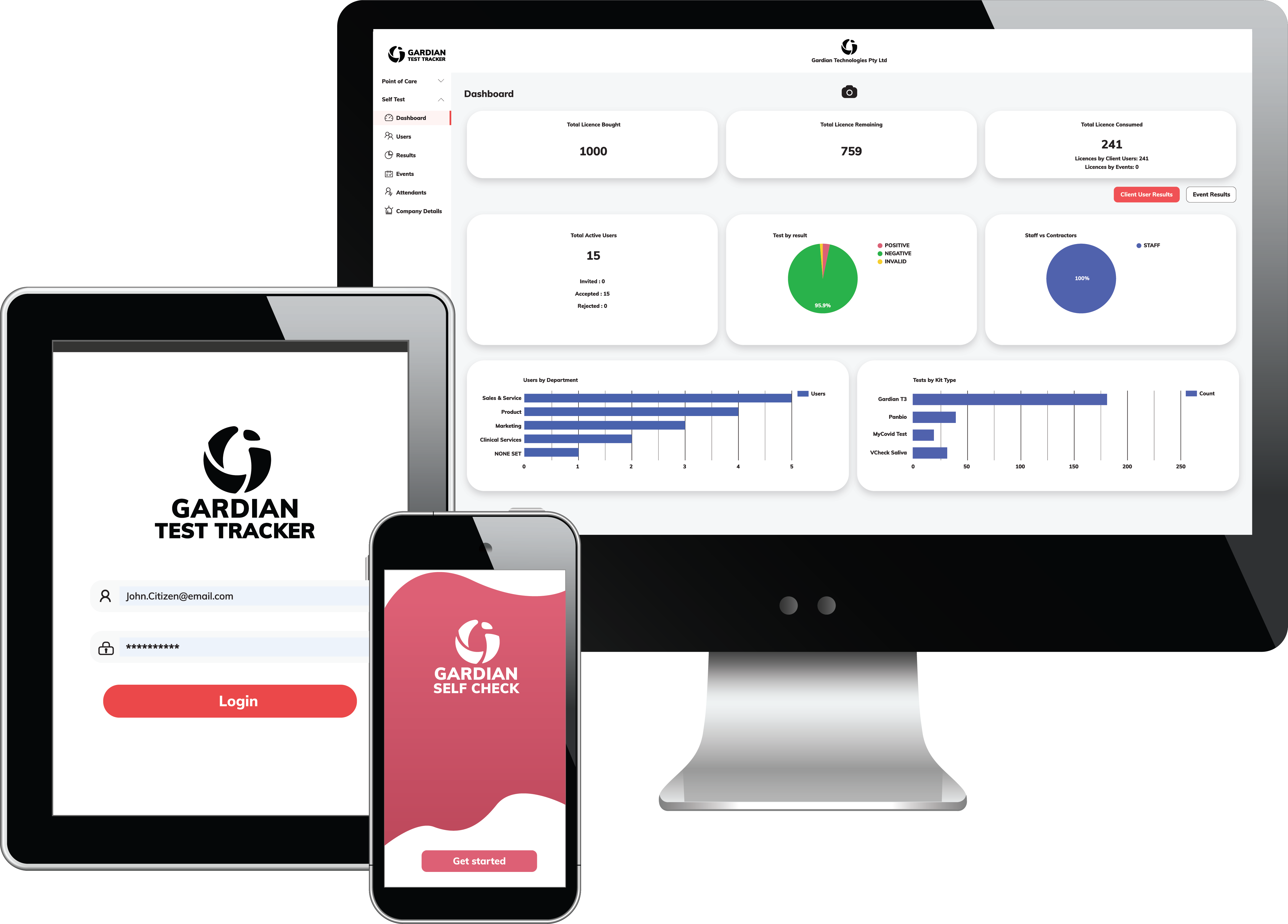Navigating the new normal
Investing in digital technology skills is vital to building a resilient New Zealand workforce, writes Nick Walton. Websites, collaboration tools, and cloud computing are the engines keeping many organisations functioning during […]
Investing in digital technology skills is vital to building a resilient New Zealand workforce, writes Nick Walton.
Websites, collaboration tools, and cloud computing are the engines keeping many organisations functioning during the COVID-19 crisis. So it’s no coincidence that some of the organisations that have adapted best to the current situation are those that have most readily adopted digital technologies. These technologies are the critical factor that enables them to be sufficiently nimble and adaptable while navigating through unexpected hardships.
Not all organisations have been able to equip themselves with these capabilities, despite their best intentions. Research has shown the biggest barrier to the uptake of digital technologies has not been organisations’ willingness to invest, but rather their ability to find the right people with the right skills to execute their plans. A recent report by Hays Recruitment, reveals DevOps engineers and analytics engineers make the list of some of the top skill shortfalls for the first half of 2020 in New Zealand.
New Zealand Now reveals that growing digitisation and increased use of Information and Communications Technology (ICT) across the economy is generating employment growth across a range of skill-sets, however, ICT remains on the list for Essential Skills in Demand. By focusing on technology training and reskilling of individuals at all levels, New Zealand can help build resilience into its workforce during challenging times, and be better positioned to capitalise on economic growth in prosperous times. For this to be successful, we need action and collaboration between educators and employers.
We are seeing many organisations offer opportunities for employees to build skills beyond the existing technical capability to improve the overall cloud fluency within their organisation, as well as to develop new capabilities that previously did not exist. For example, one of New Zealand’s largest banks, BNZ, has implemented a cloud skills enablement program that provides online cloud training to a subset of 1,200 technical and non-technical employees across Wellington and Auckland.
BNZ has already trained more than 40 percent of their guild participants in the first year since launching the skills program, and expects to see this number grow as employees look to improve their cloud fluency and prepare for emerging roles. The skills program is helping boost employee confidence and productivity at all levels – from executives, delivery, and technical teams – when it comes to emerging technology adoption.
By learning cloud strategy and capability, BNZ is also helping employees increase their career potential, strengthen its internal learning culture, and encourage a culture of experimentation which ultimately drives speed to delivery and better customer outcomes for the bank.
But skills development often starts well before people enter the workforce, particularly as cloud technology becomes essential beyond ICT roles in careers across many industries including education, finance, construction, and the retail experience. Education has been particularly impacted due to COVID-19, with the classroom experience across New Zealand disrupted during the current crisis, and it’s important that resources are available to keep students engaged and learning new skills. Technology vendors, teachers and schools have developed dedicated online programs to provide unique and interactive ways to engage students with technology. Auckland-based Software developer, Kami developed an online classroom application that makes it easy for teachers and students to engage creatively and collaboratively using any existing document as their canvas. Kami’s technology has proven immensely popular in recent months as schools closed and forward-thinking schools have accelerated their adoption of collaborative learning technology to support remote learning. In April alone, Kami had more than two million new sign-ups from thousands of schools worldwide.
Universities are also rising to the challenge, helping prepare our next generation with a degree in these in-demand skills through online courses. The University of Auckland, New Zealand’s largest university, has collaborated with AWS Academy, a program that provides higher education institutions with ready-to-reach cloud computing courses, to deliver courses for students undertaking their Master of Information Technology postgraduate degree. These courses are designed to prepare students for in-demand cloud roles for their transition into the workforce. Last year, the University of Auckland had 30 students take the course, with an increase to 90 students in 2020.
The skills needed for organisations in New Zealand to innovate and grow started to evolve long before the COVID-19 crisis, and that process of change will continue to accelerate as organisations learn to adapt to the new world.
Bringing together all segments of the ecosystem – educators, government, industry, and the broader community – is the only way we can take on the immense challenge of ensuring organisations have access to the skills they need to make rapid adaptation possible, and work towards rebuilding resilient businesses for the future economy.
Nick Walton (pictured) is managing director for Amazon Web Services in New Zealand.






